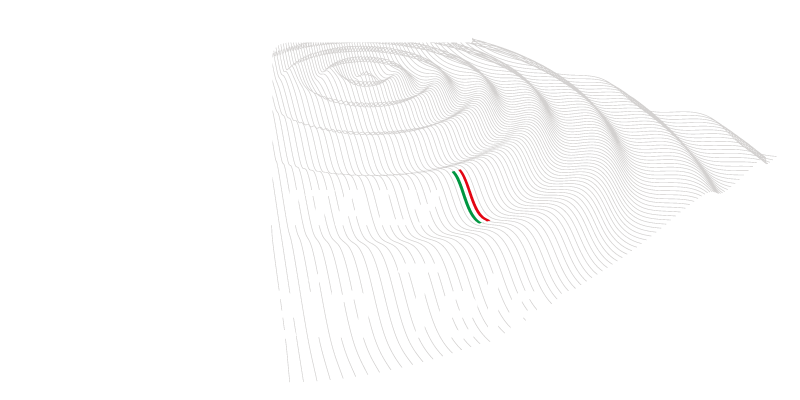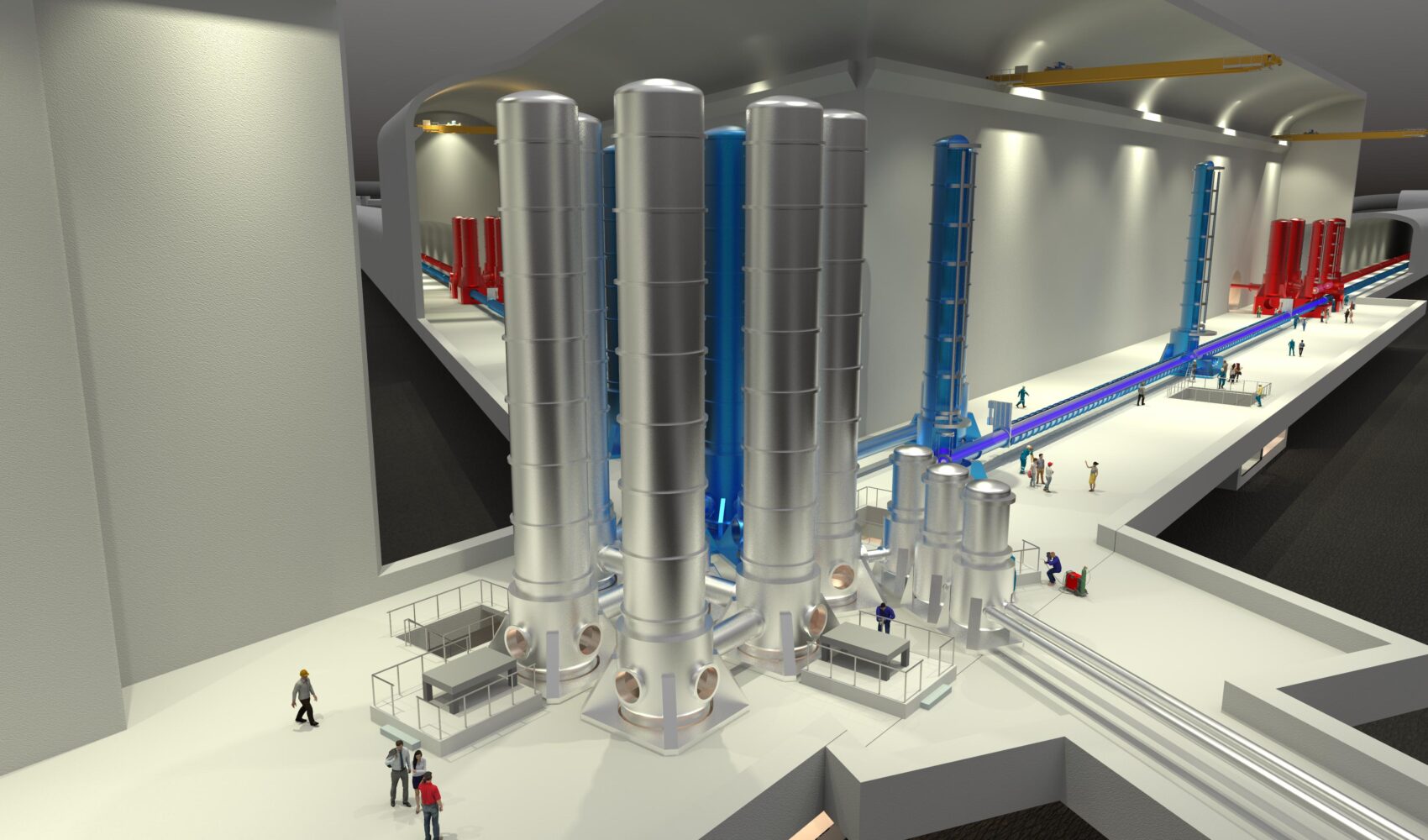Source: Einstein Telescope Organisation (ETO)
After their meeting in June 2025, the Einstein Telescope Board of Governmental Representatives (BGR) confirmed that Lusatia in Saxony, Germany, is now considered to be an official candidate site for the Einstein Telescope. This follows Lusatia’s earlier expression of interest for becoming an official candidate. Conversations and collaborations with the Lusatia team were already ongoing for some time. This confirmation by the BGR can be seen as a formal step to fully include Lusatia in the procedures, next to Sardinia and the Euregio Meuse-Rhine.
Preparatory studies and activities
Christian Stegmann, director in charge of astroparticle physics at DESY, will lead the team for Lusatia’s candidature. They will work on preparatory studies and activities necessary to support a (potential) candidacy to host the Einstein Telescope in the region. Activities include studies on the subsoil, economic impact, and overall feasibility, the formation of a host consortium, and the search for funding and support at the local, regional, and national levels. Just like the teams for other candidate locations, the Lusatia team will explore hosting both potential geometries for the detector: the triangle-shape and the L-shape.
Stegmann is enthusiastic about the prospect: «I’m very pleased that Lusatia is officially recognised as a candidate site for the Einstein Telescope. We are now studying existing geological data and knowledge about this area, and new surveys are underway. This allows us to contribute robustly to the European process».
Three potential sites
The candidature of Lusatia in Germany brings the total number of candidate sites to three. The other locations are the area of Sos Enattos in Sardinia in Italy, and the Euregio Meuse-Rhine, the border area of Belgium, Germany and the Netherlands. All three sites are working on similar preparatory and feasibility studies, supported by regional and national governments.
What does this development mean for the Einstein Telescope? Fernando Ferroni and Andreas Freise, directors of the Einstein Telescope Organisation explain: «It’s very encouraging to see that three regions consider hosting the Einstein Telescope to be an interesting opportunity», says Freise. «Not only for science, but also for regional and national development». Ferroni adds: «Of course there is a sense of competition, but it is in the interest of the project to find the best location for the Einstein Telescope. And now we have three serious candidates. That’s a good thing!».

